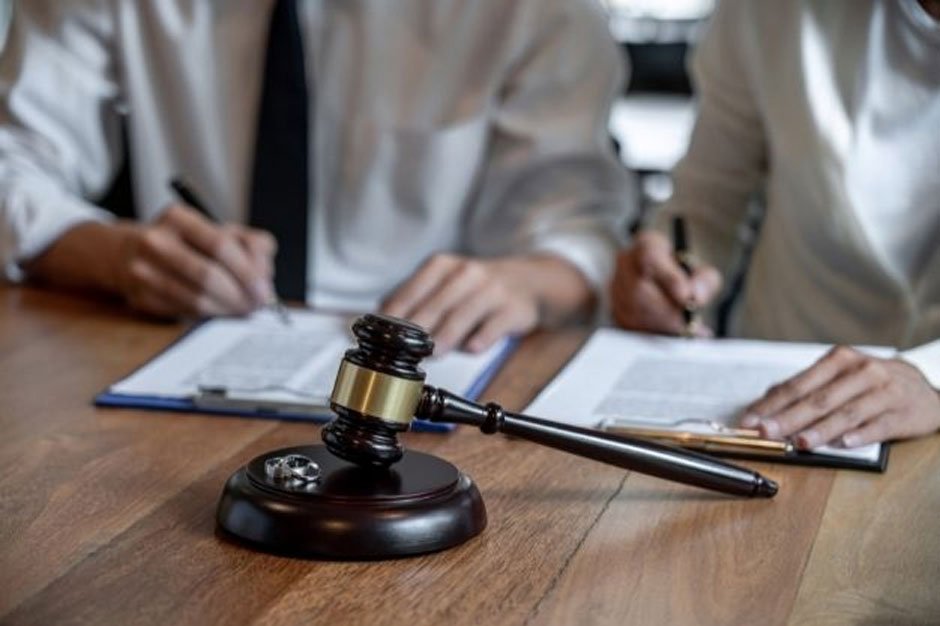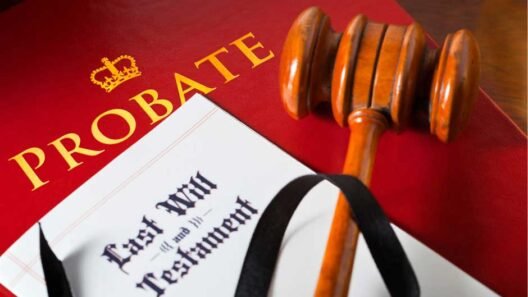Facing criminal charges can be overwhelming, whether it’s your first time or not. The process moves quickly, and early decisions can greatly affect your case. It’s normal to feel confused and uncertain, but understanding the steps can help reduce stress. Once charged, the police or prosecutor will formally accuse you of a crime, which could range from misdemeanors like theft to serious felonies like drug trafficking. In these moments, contacting an experienced criminal defense attorney is crucial. A trusted lawyer will navigate the legal system, protect your rights, and guide you every step of the way.
Your First Court Appearance: The Arraignment
The arraignment is your first appearance before a judge, where you’re formally presented with charges and asked to enter a plea—”guilty,” “not guilty,” or “no contest.” Bail may also be set during this hearing. If you plead not guilty, the case moves to additional hearings. Having a trusted criminal defense attorney in Utah at this stage is crucial. They can advocate for lower bail, guide your legal options, and help you avoid statements that could hurt your case.
Pre-Trial Phase and Legal Strategy
During the pre-trial phase, your attorney and the prosecution exchange information and evidence. This is called the discovery process. Your lawyer may:
- Review police reports
- Interview witnesses
- Examine surveillance footage
- Analyze the evidence for flaws or inconsistencies
Your attorney will determine if your rights were violated, such as through an illegal search or improper questioning, which could result in suppressed evidence or dismissed charges. This phase may include pre-trial motions and negotiations. Many cases are resolved before trial through plea deals or dismissals. Your defense attorney will choose the best strategy based on your case and goals.
The Trial Process
If your case goes to trial, both sides present arguments to a judge or jury. The prosecution must prove beyond a reasonable doubt that you committed the crime, while your defense attorney presents evidence, questions witnesses, and counters their case. The outcome often depends on your attorney’s ability to present a strong defense. A well-prepared defense can lead to an acquittal, while poor preparation may result in a conviction. An experienced attorney knows court procedures and how to build a solid strategy. If found not guilty, you’re free to go; if guilty, the process moves to sentencing.
Sentencing and Possible Penalties
If you’re convicted, the judge will determine your sentence based on laws and sentencing guidelines. The penalties depend on several factors, including:
- The nature and severity of the crime
- Whether it’s a first offense
- Any aggravating circumstances (such as use of a weapon)
Sentences can include jail, probation, community service, fines, or treatment programs. Your attorney can argue for lighter penalties or alternatives based on your history and case details.
Appeals and Post-Conviction Options
A conviction doesn’t mean all hope is lost. If legal errors occurred during your trial, you may be able to appeal the decision. An experienced attorney can review your case to find grounds to challenge the conviction or sentence. Other options may include expungement, sentence reductions, or early release programs. With the help of a skilled defense attorney, you can explore these opportunities and work toward a better outcome after the trial.
Importance of Legal Representation
From charge to case resolution, skilled legal representation is essential. A criminal defense attorney protects your rights, keeps you informed, and builds a strong defense. Navigating the criminal justice system alone is risky—you could miss deadlines, misunderstand options, or overlook unfair procedures. An experienced attorney handles every stage strategically, prioritizing your best interests.
Conclusion
Being charged with a crime is serious, but you still have options. Understanding the legal process and securing the right lawyer can greatly impact your case. Whether it’s a misdemeanor or felony, your attorney is your strongest advocate in and out of court. Don’t wait—contact a skilled criminal defense lawyer to protect your rights, future, and freedom.













